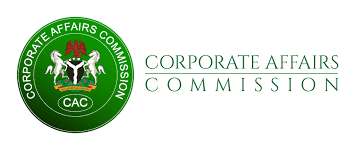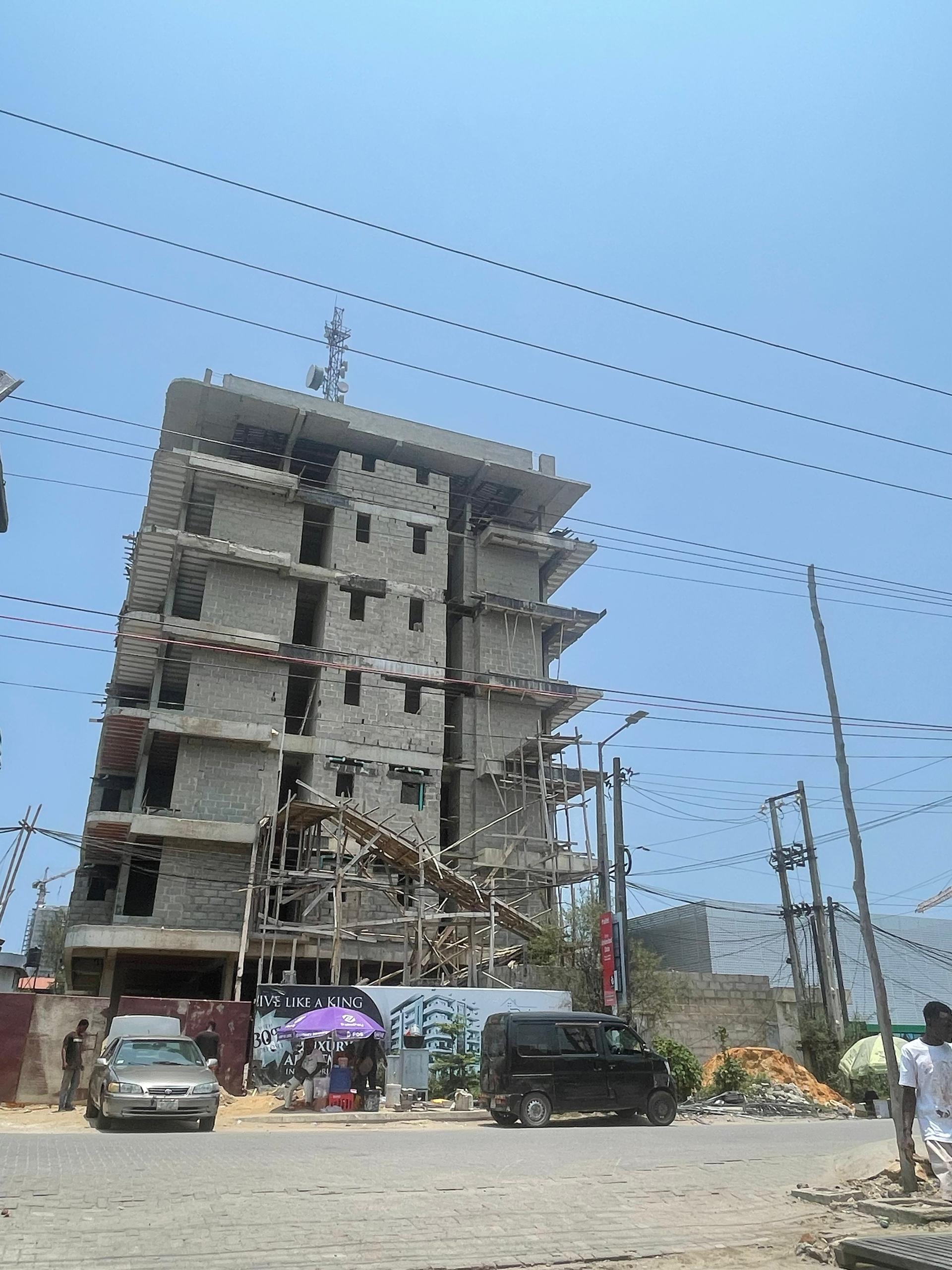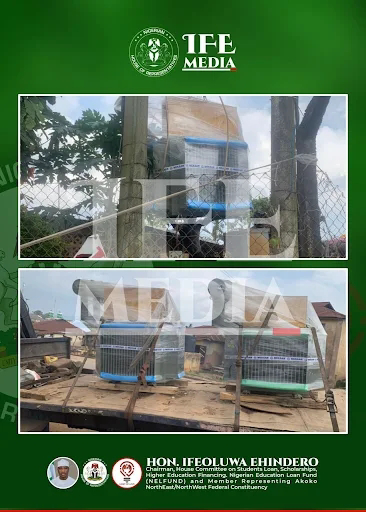On August 27, 2025, the Corporate Affairs Commission (CAC) reaffirmed its unwavering commitment to supporting the National Insurance Commission (NAICOM) in implementing a 12-month recapitalisation exercise mandated by the Nigeria Insurance Industry Reform Act (NIIRA) 2025. During a courtesy visit by NAICOM’s management to the CAC headquarters in Abuja, Registrar General Hussaini Magaji assured Commissioner for Insurance Segun Omosehin of the CAC’s full backing to ensure a seamless transition and strengthen Nigeria’s insurance sector. The meeting focused on fostering collaboration between the two agencies, with strategies centered on data-sharing, streamlined approvals, and guideline issuance to meet the recapitalisation timeline. This article explores the significance of the CAC’s pledge, the provisions of NIIRA 2025, the collaborative efforts between CAC and NAICOM, and the broader implications for Nigeria’s financial system and economic resilience.
A Strategic Partnership for Insurance Sector Reform
The courtesy visit by NAICOM’s management to the CAC marked a pivotal moment in Nigeria’s ongoing efforts to reform its insurance industry, a critical component of the nation’s financial ecosystem. The meeting, held in Abuja, brought together key stakeholders to discuss strategies for implementing NIIRA 2025, a landmark legislation designed to modernize and strengthen the insurance sector. The recapitalisation exercise, a central pillar of the Act, aims to enhance the financial stability of insurance companies, improve their capacity to underwrite risks, and align the sector with global best practices.
Registrar General Hussaini Magaji, in his remarks, emphasized the CAC’s commitment to supporting NAICOM in achieving the objectives of NIIRA 2025. “We are fully committed to advancing President Bola Tinubu’s vision of a stronger and more resilient economy,” Magaji stated, highlighting the alignment of the recapitalisation exercise with the administration’s broader economic goals. The CAC, responsible for registering and regulating businesses in Nigeria, plays a critical role in facilitating corporate compliance, making its support essential for the success of the recapitalisation process.
Commissioner for Insurance Segun Omosehin expressed gratitude for the CAC’s consistent partnership and warm reception. He commended the agency’s leadership for its proactive approach to collaboration, noting that the CAC’s support has been instrumental in advancing NAICOM’s regulatory objectives. Omosehin underscored the importance of the recapitalisation exercise, stating that it is designed to strengthen the insurance industry’s capacity to contribute to Nigeria’s economic growth and financial stability.
The Nigeria Insurance Industry Reform Act (NIIRA) 2025
The Nigeria Insurance Industry Reform Act (NIIRA) 2025 represents a transformative step toward modernizing Nigeria’s insurance sector, which has historically been underutilized despite its potential to drive economic development. The Act introduces several key provisions aimed at addressing longstanding challenges, including low capital bases, limited market penetration, and inadequate risk management capacity. The 12-month recapitalisation exercise, a cornerstone of the legislation, requires insurance companies to increase their minimum capital requirements to ensure financial resilience and competitiveness.
The recapitalisation exercise is not the first of its kind in Nigeria’s insurance sector. Previous efforts, such as the 2005–2007 recapitalisation under the administration of President Olusegun Obasanjo, led to significant consolidation, reducing the number of insurance companies while strengthening the sector’s financial base. However, the rapid growth of Nigeria’s economy and the increasing complexity of risks—ranging from climate-related disasters to cyber threats—have necessitated further reforms to ensure the industry can meet contemporary demands.
NIIRA 2025 sets ambitious targets for insurance companies, requiring them to raise substantial capital within a 12-month period. This timeline, while challenging, reflects the urgency of strengthening the sector to support Nigeria’s economic diversification goals. The Act also emphasizes corporate governance, transparency, and consumer protection, aligning the insurance industry with global standards. By increasing capital requirements, NIIRA 2025 aims to enable insurers to underwrite larger risks, expand their market reach, and contribute to financial inclusion.
CAC’s Role in Facilitating Recapitalisation
The CAC’s pledge to support NAICOM’s recapitalisation exercise is a critical factor in ensuring its success. As the agency responsible for business registration and compliance, the CAC plays a pivotal role in facilitating the corporate restructuring required for insurance companies to meet the new capital requirements. During the meeting, Magaji outlined several measures the CAC will undertake to support NAICOM, including issuing guidelines, strengthening data-sharing mechanisms, granting concessions, and expediting approvals.
Issuing guidelines is a key step in providing clarity and direction for insurance companies navigating the recapitalisation process. These guidelines will outline the procedural and legal requirements for raising capital, merging, or acquiring other entities, ensuring that companies comply with both CAC and NAICOM regulations. By streamlining these processes, the CAC aims to reduce bureaucratic delays and facilitate a smooth transition for the industry.
Strengthening data-sharing mechanisms between the CAC and NAICOM is another critical component of the collaboration. Accurate and timely data is essential for monitoring compliance, tracking progress, and identifying potential challenges during the recapitalisation exercise. By enhancing data interoperability, the two agencies can ensure that insurance companies meet the required standards while minimizing disruptions to their operations.
The CAC’s commitment to granting concessions and expediting approvals reflects its recognition of the urgency of the recapitalisation timeline. For example, the agency may prioritize applications related to capital increases, mergers, or acquisitions, ensuring that insurance companies can meet the 12-month deadline. These measures demonstrate the CAC’s proactive approach to supporting NAICOM and aligning with President Tinubu’s vision of a resilient economy.
NAICOM’s Vision for a Robust Insurance Sector
Commissioner Segun Omosehin’s leadership at NAICOM has been instrumental in driving the implementation of NIIRA 2025. During the courtesy visit, Omosehin emphasized the critical role of the CAC’s cooperation in meeting the recapitalisation timeline, noting that the partnership between the two agencies is essential for the success of the reforms. He highlighted the Act’s key provisions, which include not only capital increases but also measures to enhance corporate governance, risk management, and consumer trust.
The recapitalisation exercise aims to address several challenges facing Nigeria’s insurance sector, including low public confidence, limited market penetration, and insufficient capacity to underwrite large risks. With only about 1% of Nigerians insured, compared to higher rates in countries like South Africa and Kenya, the sector has significant untapped potential. By raising capital requirements, NIIRA 2025 seeks to enable insurance companies to expand their offerings, innovate new products, and reach underserved populations.
Omosehin’s appreciation for the CAC’s consistent support underscores the longstanding collaboration between the two agencies. Over the years, the CAC and NAICOM have worked together to streamline business registration, enhance regulatory oversight, and promote financial inclusion. This partnership has been critical in addressing challenges such as unregistered insurance providers and fraudulent practices, which have undermined public trust in the sector.
Aligning with President Tinubu’s Economic Vision
The CAC’s pledge to support NAICOM aligns with President Bola Tinubu’s vision of building a stronger and more resilient economy. Since taking office in May 2023, Tinubu has prioritized economic diversification, financial inclusion, and infrastructure development, with the insurance sector playing a key role in these efforts. A robust insurance industry can support economic growth by providing risk management solutions, mobilizing savings, and fostering investment in critical sectors such as agriculture, real estate, and infrastructure.
Magaji’s commitment to advancing Tinubu’s vision reflects the CAC’s broader mandate to promote a business-friendly environment in Nigeria. By supporting the recapitalisation exercise, the CAC is contributing to the creation of a more competitive and resilient insurance sector, capable of supporting Nigeria’s economic transformation. The collaboration between the CAC and NAICOM exemplifies the administration’s emphasis on inter-agency cooperation, ensuring that regulatory efforts are aligned with national priorities.
The recapitalisation exercise also complements other economic reforms, such as the removal of fuel subsidies and the liberalization of the foreign exchange market. By strengthening the financial sector, the government aims to create a more stable and inclusive economy, capable of withstanding global economic shocks. The insurance industry, with its potential to mobilize capital and mitigate risks, is a critical component of this strategy.
Implications for Nigeria’s Financial System
The recapitalisation exercise mandated by NIIRA 2025 has far-reaching implications for Nigeria’s financial system. A stronger insurance sector will enhance financial stability by providing a buffer against risks, supporting investment, and promoting consumer confidence. By increasing their capital base, insurance companies can underwrite larger risks, such as those associated with infrastructure projects, oil and gas operations, and climate-related disasters, contributing to economic resilience.
The exercise is also expected to drive consolidation in the insurance industry, as smaller companies may merge or be acquired to meet the new capital requirements. This consolidation, similar to the 2005–2007 recapitalisation, could lead to a more streamlined and competitive sector, with fewer but stronger players. While this may pose challenges for smaller insurers, it is likely to enhance the industry’s overall capacity and credibility.
Financial inclusion is another key benefit of the reforms. By expanding their reach and introducing innovative products, insurance companies can serve underserved populations, such as low-income households and rural communities. Microinsurance, for example, offers affordable coverage for small-scale farmers and entrepreneurs, supporting Nigeria’s efforts to reduce poverty and promote economic empowerment.
Challenges and Opportunities
The 12-month recapitalisation timeline presents significant challenges for insurance companies, particularly those with limited financial resources. Raising substantial capital within a short period may require creative strategies, such as issuing new shares, seeking foreign investment, or merging with other firms. The CAC’s support, through streamlined approvals and concessions, will be critical in helping companies navigate these challenges.
Public perception is another hurdle. The insurance industry in Nigeria has historically suffered from low trust due to issues such as delayed claims and inadequate regulation. The recapitalisation exercise, combined with NIIRA 2025’s focus on governance and consumer protection, offers an opportunity to rebuild confidence and attract more customers.
The collaboration between CAC and NAICOM also presents opportunities for innovation. By leveraging technology, such as digital platforms for business registration and data-sharing, the agencies can enhance efficiency and transparency. The introduction of digital insurance products, such as mobile-based microinsurance, could further expand market reach and drive financial inclusion.
The Path Forward: Collaboration and Reform
The courtesy visit by NAICOM to the CAC underscores the importance of collaboration in achieving the objectives of NIIRA 2025. By working together, the two agencies can ensure that the recapitalisation exercise is implemented smoothly, with minimal disruptions to the industry. The CAC’s commitment to issuing guidelines, strengthening data-sharing, and expediting approvals reflects a proactive approach to supporting NAICOM’s reforms.
The broader partnership between the CAC and NAICOM also sets a model for inter-agency cooperation in Nigeria. By aligning their efforts, the agencies can address systemic challenges, such as regulatory overlap and bureaucratic inefficiencies, creating a more enabling environment for businesses. This collaboration is particularly important in the context of Nigeria’s economic transformation, where regulatory agencies play a critical role in driving growth and stability.
Conclusion
The Corporate Affairs Commission’s pledge to support the National Insurance Commission’s 12-month recapitalisation exercise, announced on August 27, 2025, marks a significant step toward strengthening Nigeria’s insurance sector. Registrar General Hussaini Magaji’s assurance of full backing, including guidelines, data-sharing, and expedited approvals, reflects the CAC’s commitment to advancing President Tinubu’s vision of a resilient economy. The Nigeria Insurance Industry Reform Act (NIIRA) 2025, with its focus on recapitalisation, governance, and consumer protection, offers a roadmap for modernizing the sector and enhancing its contribution to Nigeria’s financial system.
The collaboration between CAC and NAICOM, exemplified by the courtesy visit, underscores the power of inter-agency cooperation in driving reform. By addressing challenges such as capital requirements, public perception, and regulatory efficiency, the agencies are positioning the insurance industry as a pillar of Nigeria’s economic growth. As the recapitalisation exercise progresses, it has the potential to transform the sector, fostering financial stability, inclusion, and resilience for the benefit of all Nigerians.







